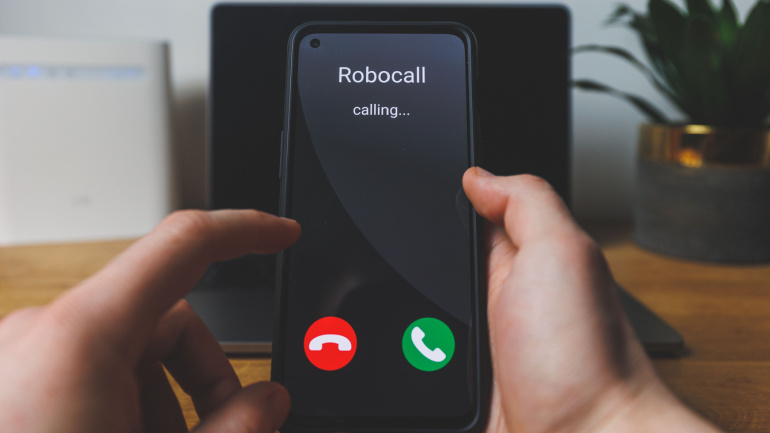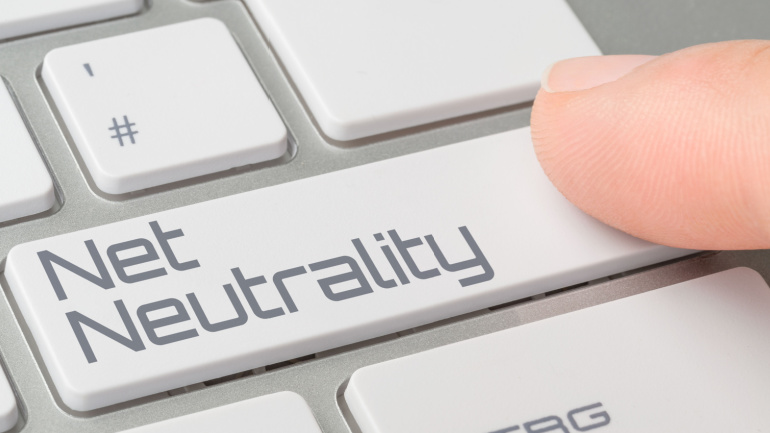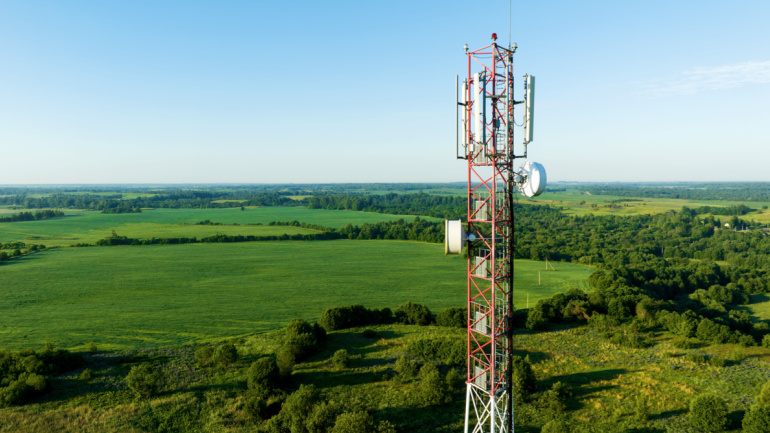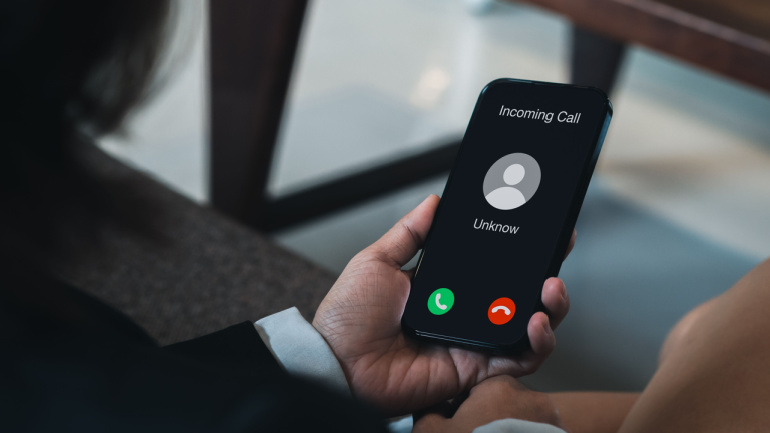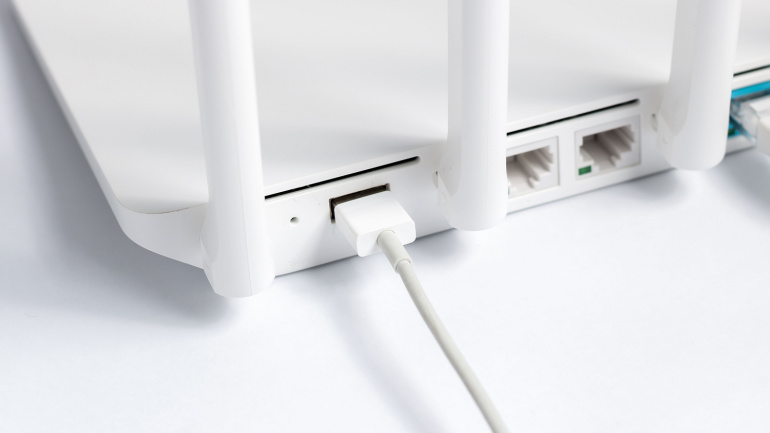In a recent move, the Federal Communications Commission (FCC) has chosen to prolong the waiver exempting broadband providers from the requirement of having their broadband data collection (BDC) filings certified by professional engineers. This decision has sparked a mixed reaction within the telecommunications industry.
The FCC is poised to address digital equity, introducing measures aimed at eliminating any biased broadband service access. However, controversy surrounds these new regulations, with critics framing them as an invasive expansion of FCC control. Intriguing dialogue likely awaits in their upcoming November meeting.
The FCC plans to reassess the current broadband state in the U.S, looking to upgrade from the outdated 25/3 Mbps standard and set long-term gigabit speed goals. This broad evaluation, reinforced by recent Congressional directives, seeks to uncover inequities in affordability, availability, and adoption of broadband nationwide. With the new Broadband Data Collection, the commission gains greater insight into specific regional broadband accessibility, helping shape the future of telecommunications in the country. Additional industry developments highlight the continued evolution of this crucial sector.
As the Federal Communications Commission refocuses on airway ownership, the conversation around midband spectrum control heats up. Telecom leaders differ: AT&T calls for a review of midband acquisitions, while T-Mobile criticizes this as self-serving. Dish joins the debate, advocating a 25% national screen to encourage competition. Amid conflicting viewpoints, the FCC must forge a path in balancing market sense and fairness.
In an effort to address the growing concern of AI-powered robocalls, the Federal Communications Commission (FCC) is set to vote on a Notice of Inquiry, proposed by Chairwoman Jessica Rosenworcel. The inquiry aims to examine how existing consumer protections, particularly the Telephone Consumer Protection Act, can combat scammers and spammers using AI technology.
The FCC has set the wheels in motion to reinstate open internet protections, sparking dynamic public conversations around net neutrality. They aim to frame both fixed and mobile broadband as imperative telecommunication services by the Communications Act. This move could effectively address the recurring issue of broadband outages impacting significant sectors like jobs, education, healthcare, safety, and more. However, the proposal doesn’t stop there, it also plans to ensure stringent nationwide open internet regulations to prevent ISPs from manipulating content accessibility based on payment.
The Federal Communications Commission (FCC) has set its sights on reshaping the allocation of approximately $9 billion earmarked for rural 5G expansion. FCC Chairwoman Jessica Rosenworcel announced the move, emphasizing the need to bridge the digital divide across underserved areas of the United States.
In a groundbreaking move against the scourge of robocallers, the Federal Communications Commission (FCC) has announced a historic forfeiture of $300 million, showcasing their unwavering commitment to tackling the issue head-on. However, the question of when this record penalty will actually be paid remains an uncertainty.
The Federal Communications Commission (FCC) has announced the introduction of a new set of rules aimed at protecting consumers from scams that attempt to take control of their cell phone accounts. FCC Chair Jessica Rosenworcel stated that these rules will ensure individuals maintain their freedom to choose their preferred device and provider while safeguarding them against fraudulent activities.
The FCC’s recent proposal for shared access of the 42 GHz band could revolutionize the telecom industry by introducing new service providers and business models. With mixed reactions, the proposed sharing mechanism aims to prevent interference and encourage competition, potentially attracting companies like Amazon to the mmWave spectrum.







